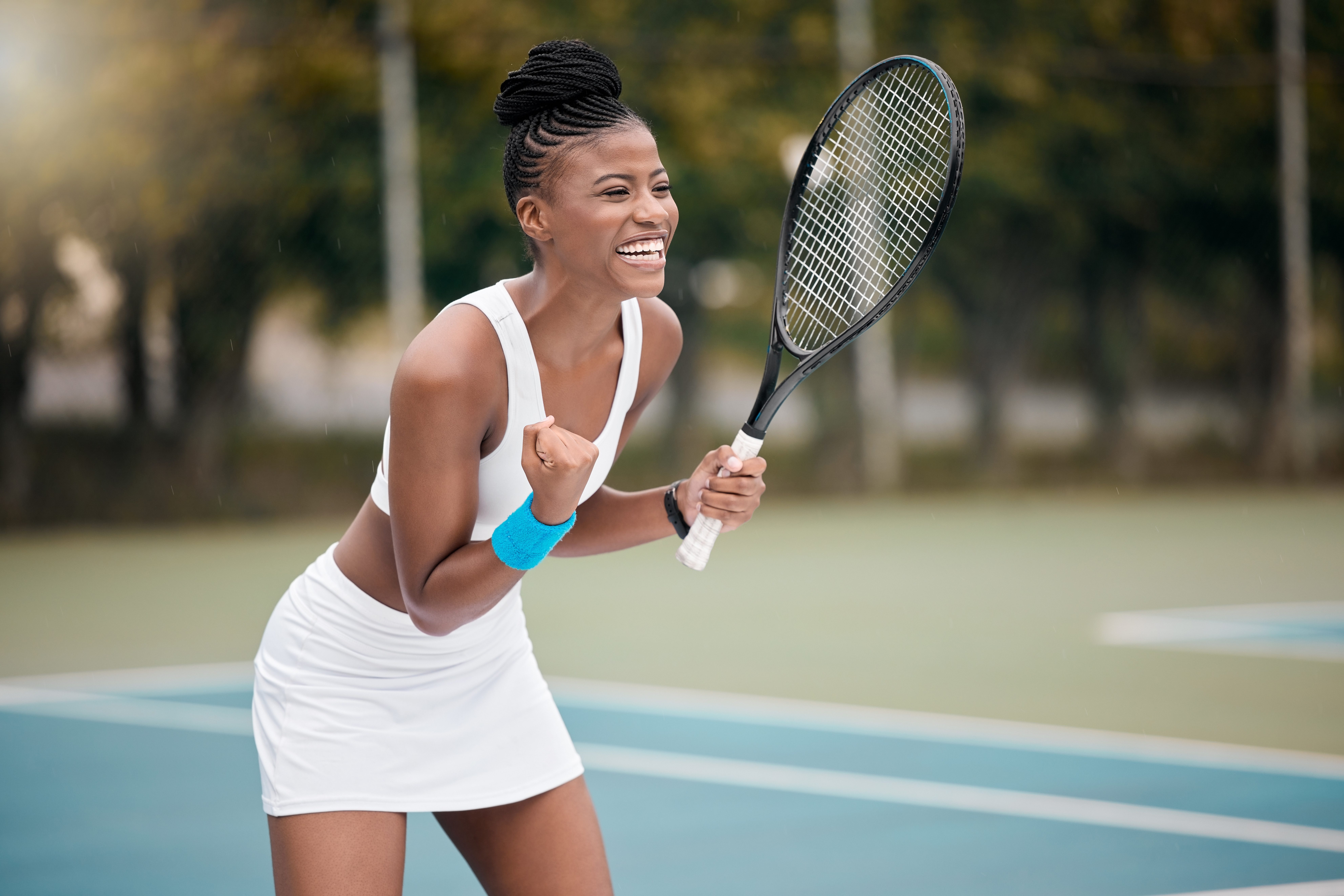Positive sport experiences of gay men
Sport participation has many benefits for one’s well-being. However, sport is not always a welcoming environment for LBGTQ+ people. Research consistently demonstrates that homophobia can be pervasive in sport contexts like gyms, arenas, and locker rooms (Anderson, 2017; Cleland, 2018; Frederick et al., 2022; Hartmann-Tews et al., 2021). In this blog, researchers from Brock University…
“Athlete transfer” opens opportunities for development in Para sport
A Para athlete who chooses to pursue a new sport or get involved in a second sport, or whose circumstances force them to leave their sport, is engaging in a process called “athlete transfer.” The Paralympic Athlete Transfer Task Force has undertaken research to understand athlete transfer experience and inform future policies and pathways.
Minorities in historical narratives: The case of Black Canadian women in sport

Project summary This research explored sporting practices of Southern Ontario Black women between the 1920s and the 1940s. It is aimed at developing a socio-cultural history of sport that include narratives from marginalized groups. In Canada, the focus on Black masculine narratives conflates race and racism in sport with Black men, marginalizing other people of…
How to write a quality grant application
For many sport organizations, funding is a key topic of discussion. As they look to continue their missions or potentially create new, innovative and inclusive programming, questions about where that funding can come is top of mind. This blog provides strategies for crafting a convincing grant application.
A roadmap for investing in Canadian women’s professional sport
The Canadian women’s professional sport market is estimated to be worth $150-200 million currently, and is significantly underdeveloped. Meanwhile, fan interest in women’s pro sports has never been higher. New research from Canadian Women & Sport presents an exciting roadmap for investing in women’s professional sport in Canada.
The impact of energy crises on sport accessibility
Energy crises are further impacting the affordability and accessibility of sport. A coalition of nearly 200 sport bodies, health organizations and athletes in the UK has pressed for additional support to pools, gyms and other sporting facilities. These facilities face a reduction of services or even closure due to rising energy costs.
Reverse integration in wheelchair basketball
Practitioners interested in offering inclusive sport environments could consider reverse integration, a new approach that integrates mainstream participants into Para sport. When implemented in a wheelchair basketball league, researchers found health and social benefits for all participants including a deeper understanding and awareness of (dis)ability and roles within the team.
Gender imbalance in sport research
Despite the past year being significant for women’s sport, evidence demonstrates that athlete research is still heavily skewed towards male. This imbalance leaves large gaps in knowledge about women’s sport, sports-related injuries and in particular, training and the menstrual cycle.
The Canadian Women & Sport Rally Report
The Canadian Women & Sport Rally Report showcases how women and girls in Canada are experiencing sport. The report found that girls’ participation rates remain low, girls and their parents view low quality programming as a barrier, and that sport leaders are not equipped to address the needs of girls.
The future of inclusion
Canadian sport organizations develop governing documents and policies as a roadmap to the desired state of operation within their organization. But implementation of this roadmap can be a challenge. Equity, diversity and inclusion are necessary to see meaningful change, especially at the community level where the vast majority of Canadians participate in sport. Effecting grassroots…